House train your puppy is one of the biggest steps in bringing home a new puppy. It's always an exciting and joyful moment.
However it also comes with a significant responsibility of house training your furry friend.
Properly house training your puppy is essential for their well-being and also for maintaining a clean and healthy living environment.
Training a new puppy can be a daunting task for any new dog owner!
With so many conflicting opinions on the best way to train a puppy, it's overwhelming to figure out where to begin.
In this blog post, we will provide you with the latest and most effective ways to house train your new puppy.
We recognize the importance of finding a professional and efficient approach for house training your puppy successfully.
Whether your choose to crate train, paper training, or outdoor training, we will give you some guidance on how to do it right.
If interested here's a blog post on teaching your puppy some tricks.
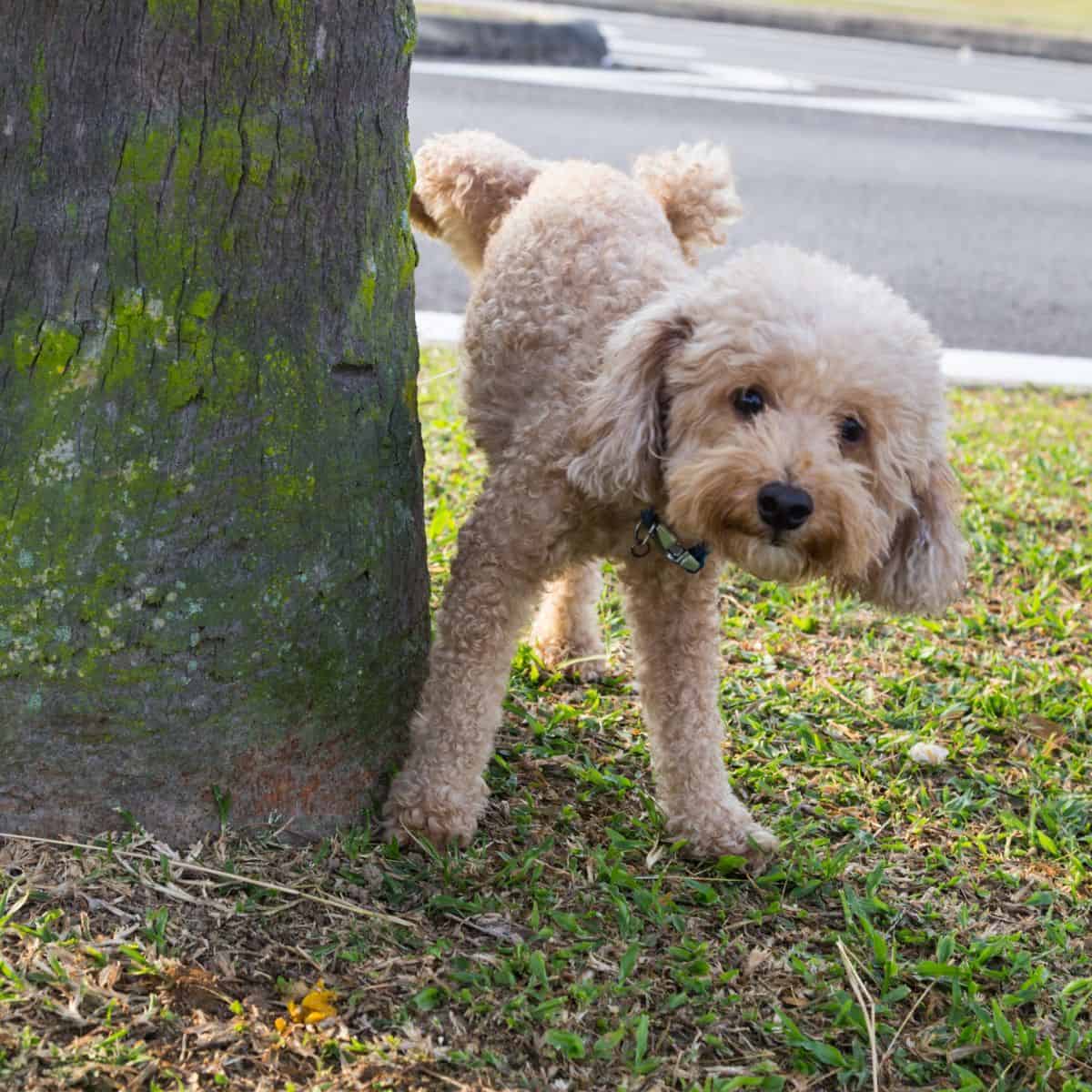
Disclosure: Some of the links in this article are affiliate links (Amazon Associate or other programs we take part in). As an Amazon Associate, I earn a small commission from qualifying purchases.
Creating a Consistent Routine for Feeding and Elimination
Creating a consistent routine for feeding and elimination is one of the key elements in house training a puppy effectively.
Puppies have small bladders and need to go out frequently, especially after meals, naps or play time.
Establishing a routine for feeding, such as three meals per day, at the same time every day, will help regulate elimination and create a pattern for the puppy to follow.
It's also important to take the puppy outside to the designated potty spot after each meal, as well as first thing in the morning and before bedtime.
Consistency in timing and location will aid in the puppy's understanding of what is expected of it and will help to reduce accidents inside the house.
With patience and consistency in feeding and elimination routine, a puppy can be effectively house trained within a short period.
Set up a Designated Elimination Area
Setting up a designated elimination area is an important step in house training a puppy.
This area should be easily accessible to your puppy, and should be consistently used for elimination only.
Designating an area for elimination helps establish a routine for your puppy and helps establish a routine for your puppy and helps prevent accidents in other areas of your home.
The elimination area should be chose carefully, with consideration given to the type of surface, weather and accessibility.
Properly training your puppy to use this elimination area is key to establishing good habits and avoiding unwanted behaviors in the future.
It is important to remain consistent in pointing your puppy towards the designated potty spot, using positive reinforcement when your puppy uses it correctly, and being patient as your puppy learns to adapt to this new routine.
The Importance of Positive Reinforcement
Using positive reinforcement when your puppy eliminates in the designated area is an effective way to house train your dog.
This approach involves rewarding your puppy for exhibiting the desired behavior of using the designated area for elimination of treats, verbal praise, and affection.
Consistency is key in implementing this approach, as you need to ensure that your dog understands that eliminating in the designated area is the right choice.
When you reward your dog for this good behavior, it enhances the probability of the behavior being repeated.
Over time, your puppy will learn to associate elimination with a pleasurable experience, further reinforcing the habit.
Using this method, your puppy will eventually learn to seek the designated area when they need to eliminate, making house training a more manageable and rewarding experience for both you and your new puppy.
Discouraging Elimination in the House
When house training a puppy, it is essential to establish clear boundaries and expectations from the start.
One crucial step in this process is to discourage elimination inside the house firmly.
You can start by setting aside a designated area outside where your puppy can relive itself.
Whenever you catch your puppy eliminating inside the house, use a firm "No" and redirect them to the designated area outside.
With patience and consistent follow through, your puppy will understand the boundaries and realize that eliminating inside the house is not acceptable.
Creating a Regular Schedule for Walks
One of the most effective ways to house train a puppy is by creating a regular schedule for walks.
Puppies need to go out frequently, especially when they are young, and establishing a routine will help them learn when it's time to go outside.
When potty training my dogs, Ruby and Callie, I would take them out every 30 to 40 minutes.
Start by taking your puppy outside immediately after waking up in the morning and after every meal, as well as before and after nap time, and bedtime.
Gradually increase the time between walks as your puppy gets older and can hold their bladder for longer periods.
This regular schedule will also help your puppy develop good habits and avoid accidents in the house.
It is important to praise and reward your puppy for successful potty breaks during walks to reinforce their good behavior.
Reward Good Behavior with Treats
Reward based training has been proven to be one of the most effective and positive methods for house training a puppy.
This method involves rewarding any good behavior with treats, which encourages puppies to repeat the desired behavior.
The reward for good behavior can be a small treat, praise, or playtime, and should always be given immediately after the behavior occurs.
It is important to note, however, that treats should be used sparingly and not as a substitute for other forms of positive reinforcement, such as praise or playtime.
With consistency and patience, using rewards to reinforce good behavior can lead to successful house training and a well behaved puppy.
Clean Accidents Quickly and Throughly
When house training a puppy, accidents are bound to happen.
It is essential to address these accidents promptly and sufficiently to minimize any negative impact on your puppy's training progress.
The longer an accident sits on the floor or carpet, the harder it will be to remove, and the scent can linger, which can encourage your pup to do it again in the same spot.
As soon as you notice your puppy has had an accident, ensure you clean it up immediately.
Use a pet-friendly cleaning solution and clean the affected area to remove any traces of odor or dampness.
It is crucial to prevent any odor from setting in as they can create a trigger in your puppy's mind and the impulse to urinate or defecate on the same spot.
Be Patient and Consistent with the Training Process
One of the most important aspects of house training a puppy effectively is to be patient and consistent throughout the training process.
Puppies may take longer to learn and adjust to new routines, offering clear and consistent instructions about what is expected of them.
Punishing a puppy for accidents or mistakes will only confuse and scare them, while positive reinforcement and gentle redirection will encourage and motivate them to learn.
Consistency in the training process means setting a regular schedule for potty breaks, feeding times, and playtime, as well as providing a designated spot for them to do their business.
With patience and consistency, a new puppy can learn to be house trained successfully and develop good habits that will benefit both the dog and it's owner for years to come.
Final Thoughts on House Training a Puppy
In conclusion, house training a puppy requires patience, consistency, and positive reinforcement.
There is no one-size-fits-all approach to this process, as each puppy responds differently to various methods.
It's essential to remain clam and consistent throughout the process and celebrate every success along the way.
It may take time and effort, but once your pup is fully house trained, it will strengthen the bond between you and your furry companion and make living together a more enjoyable experience.
Pin It and Save It For Later
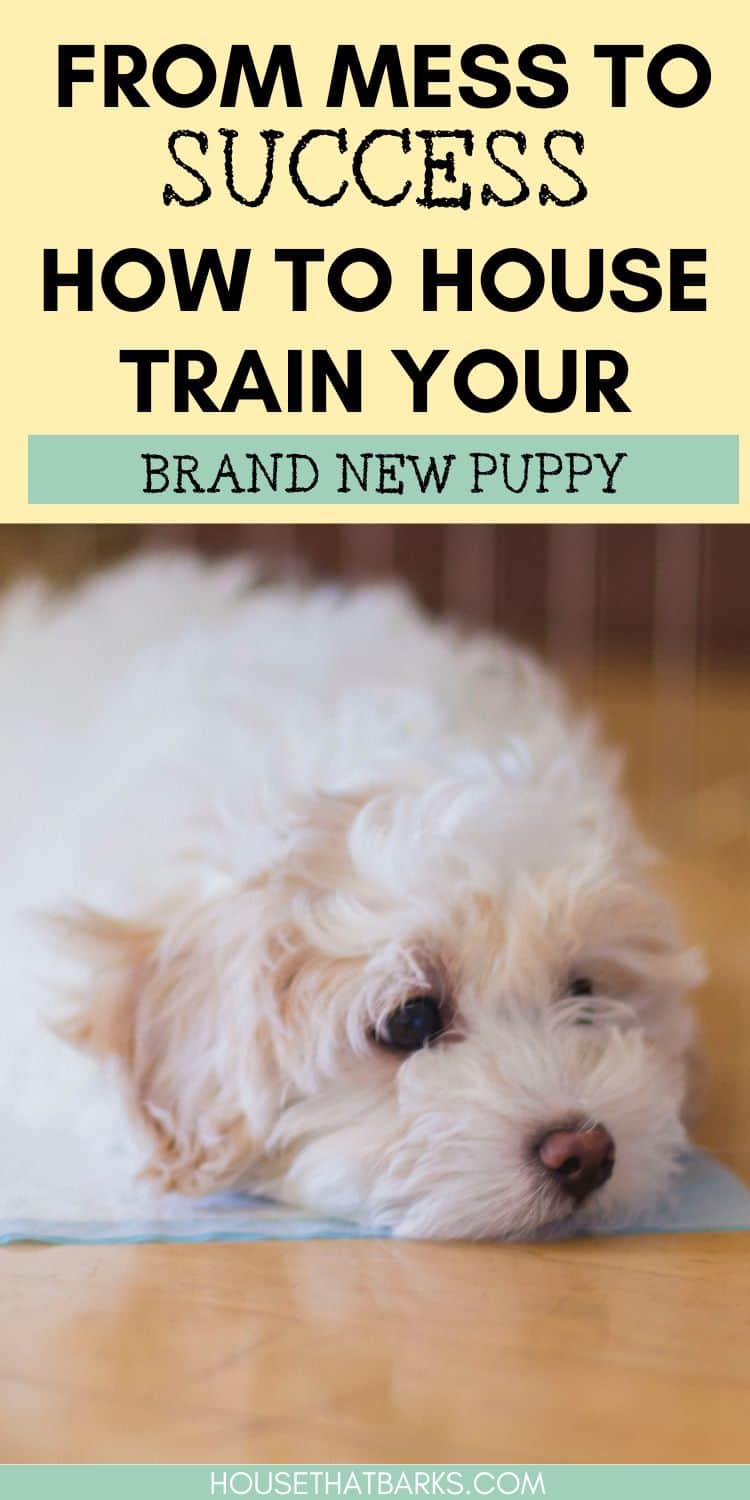

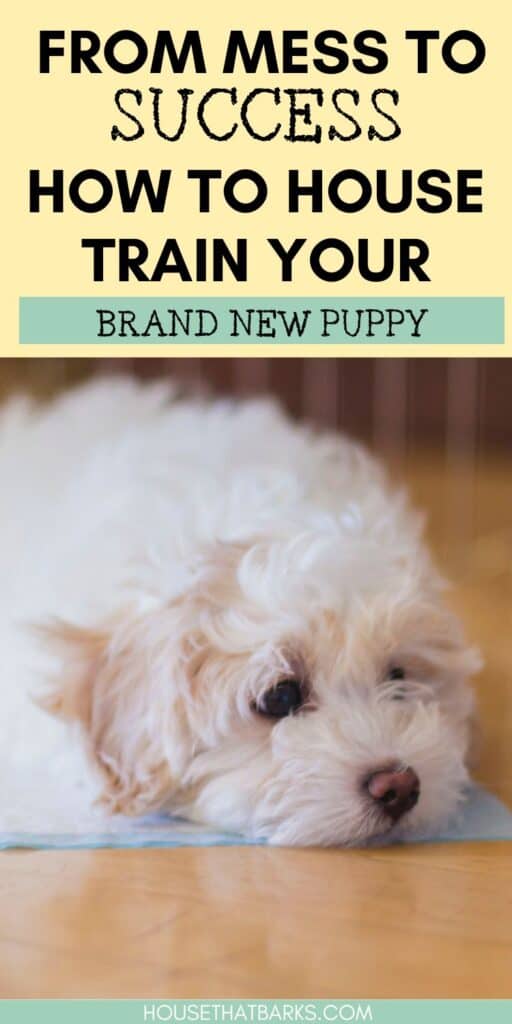
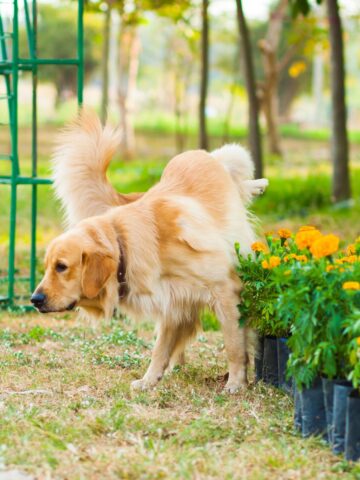
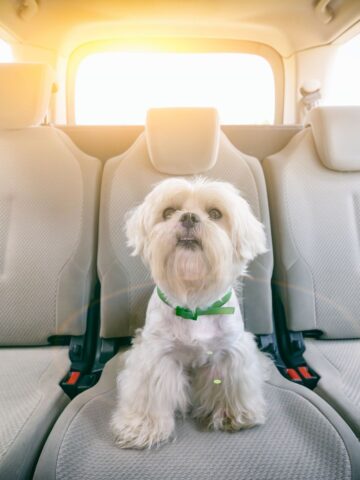
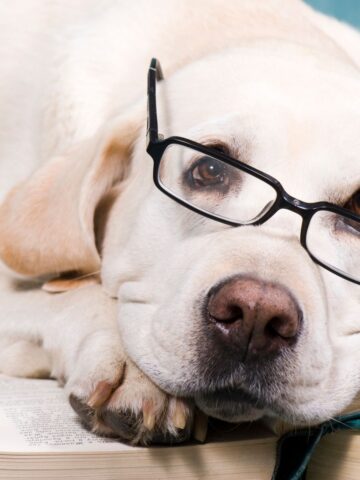
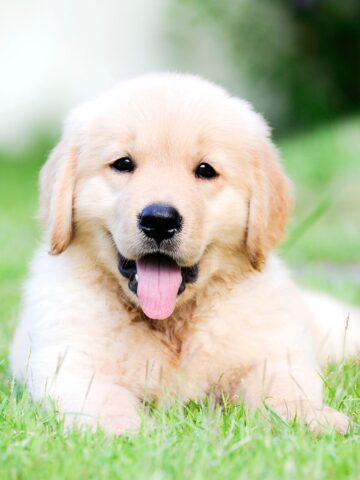
Leave a Reply